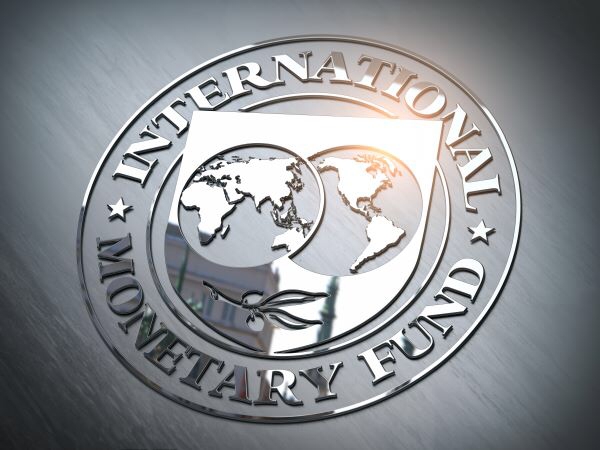Sub-Saharan Africa is facing a great shortage of financing that threatens the growth of the region, alerted the International Monetary Fund in its report on the economic prospects of the region.
The organisation also warns about public debt, which further delays the economic recovery of the region. Policy makers must maintain the course of a cautious tightening of monetary policy”
Catherine Patillo, the Deputy Director of the Africa Department at the IMF, disclosed.
Senegal: religious celebrations marked by inflation
While the country’s economy is experiencing a more marked slowdown than expected according to IMF forecasts, Senegal is facing worrying inflation. It reached 9.7% in 2022, its highest level in decades.
This situation is due in particular to the surge in food prices. An unbearable increase for most Senegalese households, especially during this holiday season. A report by Wahany Johnson, a resident in Dakar.
Libya: promoting the export of dates
Date producers in Libya would like to export their abundant crops, however, they are facing various challenges that slow down their hopes of emancipation.
The regions of Wahat, and Awjila are known for producing large quantities of dates, which reach 150,000 tons per year. The problem is that a large part of these fruits are destroyed or used as fodder for animals, due to low marketing.
The International Monetary Fund has reported that the economic rate of Africa has dropped from 3.9% in 2022 to 3.6% in 2023. But there seems to be a likely possibility that the economic growth rate may increase to 4.2% in 2024 as there are predictions of a decline in inflation rates.
Governments have been called upon by the IMF to manage national finances ensuring that all budgets shouldn’t be focused on mitigating climate change problems, neglecting basic living necessities such as; Health and Education.




